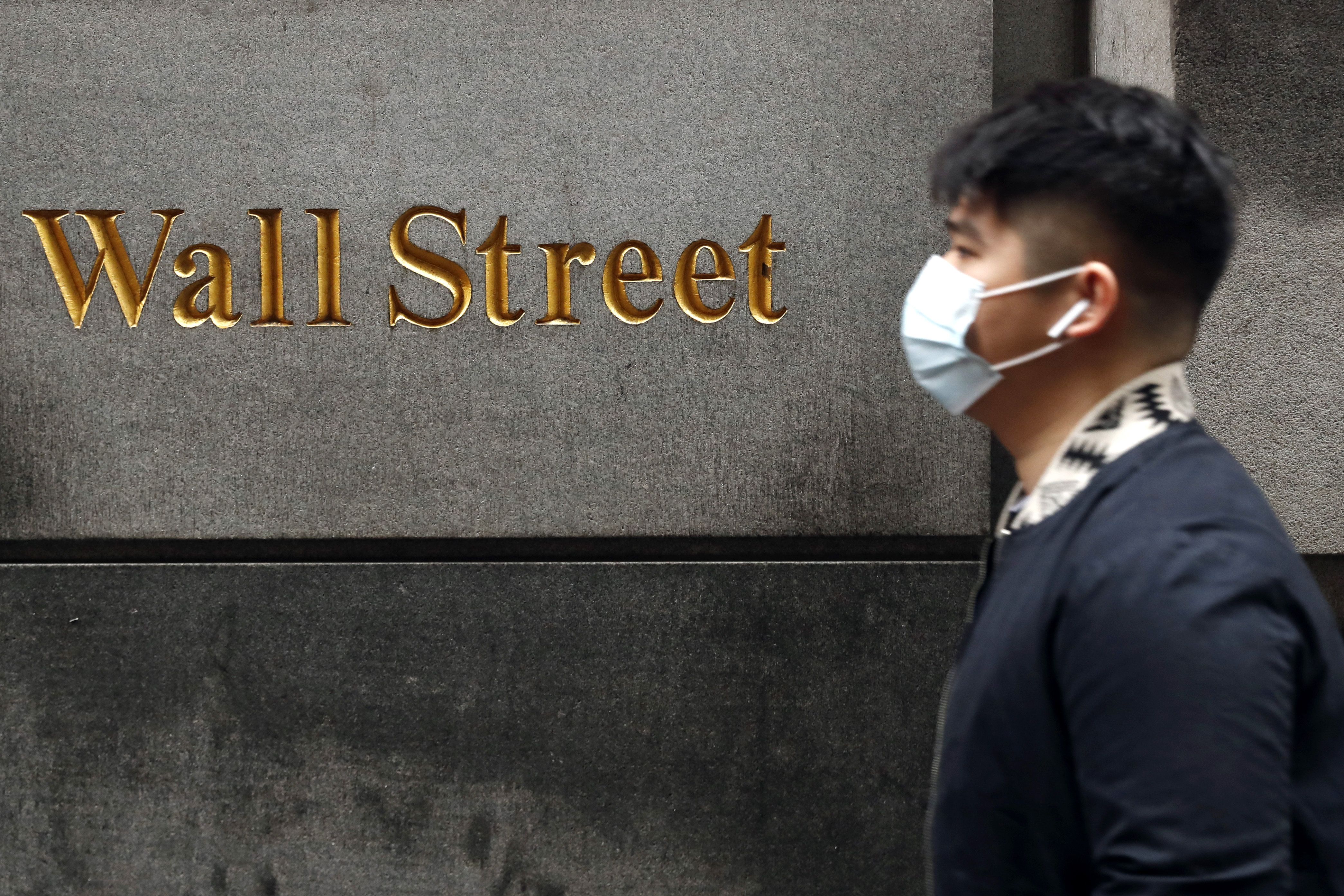Barely a month ago, the big debate about quarantines in Europe and the US was about whether it made sense to close much of the economy in order to stop the spread of the coronavirus.
But this week, with the increase in COVID-19 deaths seeming to slowin some of the major early epicenters, the debate about when, and how, to "reopen" our economies is getting a boost, for two big reasons.
First, the global economy is officially in a tailspin. The International Monetary Fund has just released a grim new global outlook that minces no words: "The Great Lockdown" has pushed the world into the biggest economic disaster since the Great Depression of the 1930s. The numbers are staggering. The global economy will contract thirty timesmore than it did during the 2009-2010 recession. Among major economies, only China and India will grow this year, and just barely.
Second, companies and banks have bad news. This week we'll get quarterly earnings reports from some of the largest companies and banks in the world, giving us a better sense of how the quarantines have hit their revenues, their balance sheets, and their hiring plans. E-commerce giants and disinfectant companies probably have great news to share – but major sectors like manufacturing, tourism, and hospitality are crushed.
The double-dose of tough economic news will inflame an already burning question: given that a vaccine is (at best) a year away from widespread availability, when is the right time to re-open the world's devastated major economies, and what does that look like? Here are a few things to consider as the debate unfolds.
First, it's not simply a trade-off between public health and economic health. Absent public confidence that the virus is at least under control, many businesses and workers won't be comfortable heading back to work, no matter what politicians say. And from a political perspective, no mayor or governor or president wants to rush to reopen, only to have to shut down again if the (inevitable) second wave overwhelms hospitals again. That would make both the economic and epidemiological crises much worse.
Second, it's not about flipping a switch. Reopening of economies will happen in small steps, as public health officials and political leaders – especially mayors and governors – and businesses work to establish the basic conditions for a return to economic activity. On the one hand, that requires a clearer picture of who has the disease and where it is spreading so that new outbreaks can be stopped. It also means equipping workplaces, public spaces, and public transportation to meet social distancing guidelines that will remain with us in some form until we're all vaccinated.
Third, there will be a huge fight over privacy. Most reasonable reopening plans involve a mixture of widespread testing to determine who is sick and who is immune, as well as extensive contact tracing in order to swiftly isolate new outbreaks. Either of these things would require a massive expansion of centralized authority (on the part of governments or tech companies) to administer tests, compile and access the results, and trace contacts. Questions about privacy and government reach will come to the fore very quickly, as we've already seen in responses to the recently announced Google/Apple partnership on contact tracing.
Bottom line: The debate over reopening will be contentious, and progress will be slow. One thing is certain: nothing that we think of as "normal" is coming any time soon.
Here's a thought: What does a sports stadium look and sound like if there are three blocked-off seats between each fan who's there? And do the smaller number of seats go to the highest bidder?
